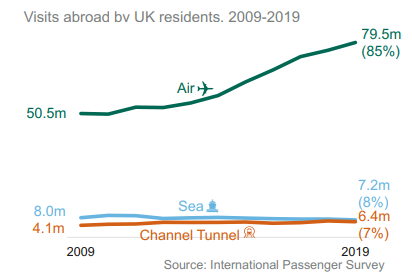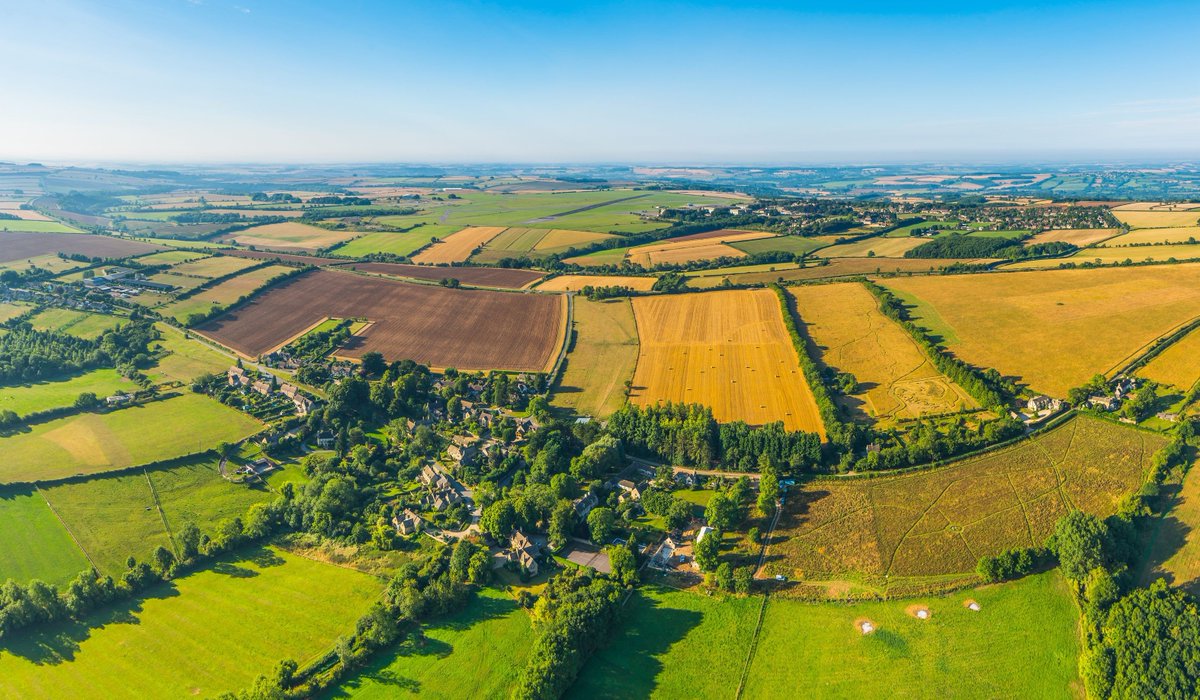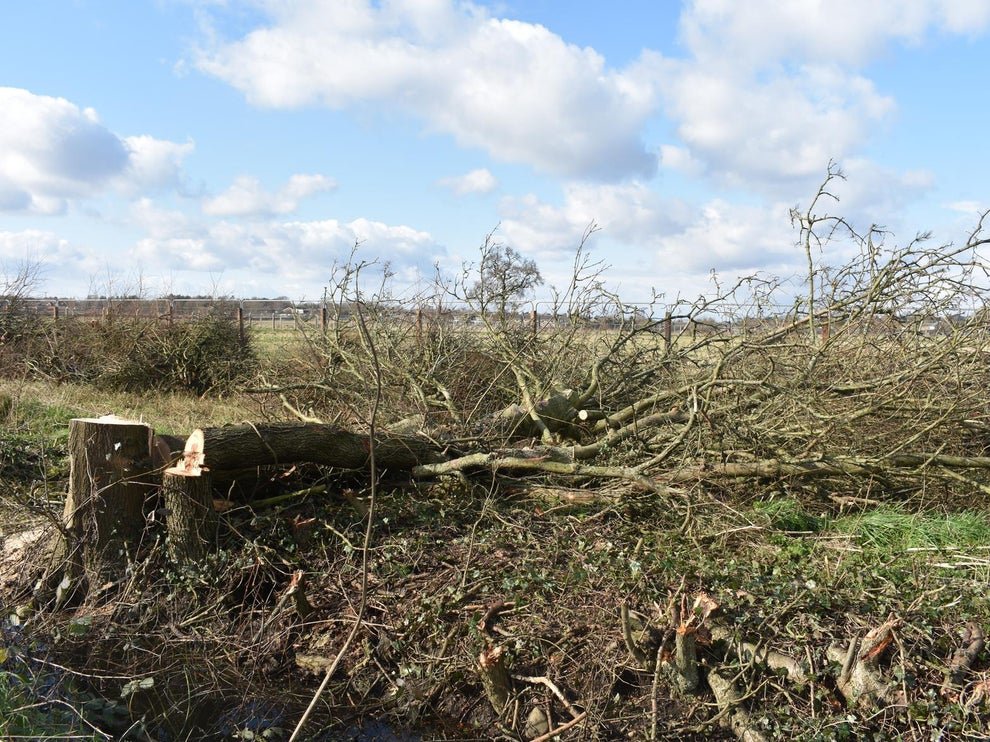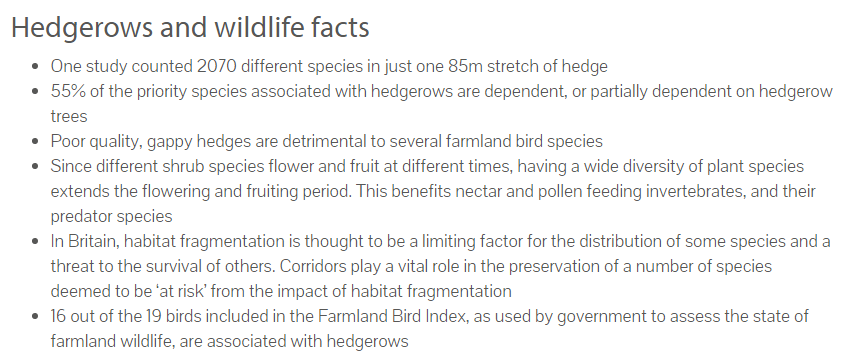
Absolutely baffling.
https://twitter.com/haringeycouncil/status/1387784338616590341
I mean, this *does not work*.
...and we know what does...
https://twitter.com/jonburkeUK/status/1393491968530034692
Not just in Hackney, but everywhere...
https://twitter.com/jonburkeUK/status/1362108427883929603
• • •
Missing some Tweet in this thread? You can try to
force a refresh








